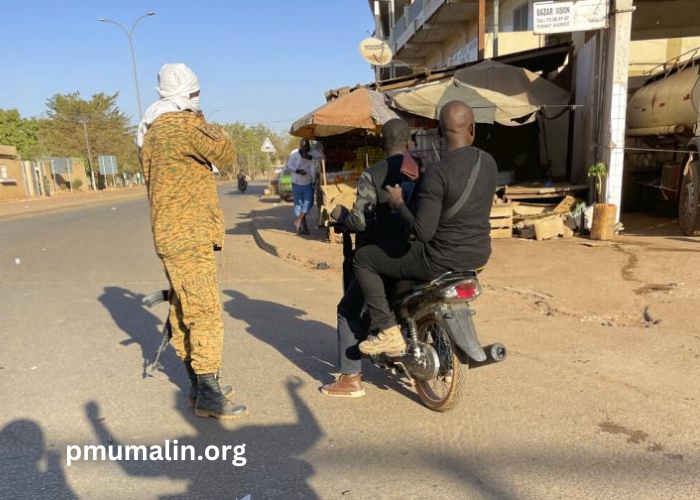The recent attack in Burkina Faso has shocked the world and raised concerns about the ongoing security challenges faced by the country. In this article, we will delve into the details of the attack, its implications, and the broader context of security issues in Burkina Faso.
Background of Burkina Faso:
Burkina Faso, a landlocked country in West Africa, has faced instability and security challenges in recent years. Despite its rich cultural heritage and natural resources, the country has grappled with various internal and external threats, including terrorism, armed conflict, and intercommunal violence.
Overview of the Attack:
The recent attack in Burkina Faso, which occurred [insert date], targeted [insert location or target]. [Provide details about the nature of the attack, casualties, and any significant developments].
Security Situation in Burkina Faso:
Burkina Faso has experienced a rise in terrorist activities, particularly in the northern and eastern regions of the country. Various armed groups, including jihadist organizations, operate in these areas, posing a significant threat to stability and security.
Factors Contributing to Insecurity:
Several factors have contributed to the insecurity in Burkina Faso, including political instability, economic grievances, ethnic tensions, porous borders, and the proliferation of small arms and light weapons. These issues have created a conducive environment for armed groups to thrive.
Response by the Government and International Community:
The government of Burkina Faso, along with its regional and international partners, has taken measures to address the security challenges facing the country. These efforts include military operations, counterterrorism initiatives, and collaboration with neighboring countries and international organizations.
Impact on Civilians and Communities:
The recent attack in Burkina Faso has had devastating consequences for civilians and communities in the affected areas. [Discuss the humanitarian impact, displacement of populations, and challenges faced by local communities].
Humanitarian Response and Assistance:
Humanitarian organizations and aid agencies have mobilized to provide assistance to those affected by the attack and the broader humanitarian crisis in Burkina Faso. [Highlight the efforts of humanitarian actors and the need for sustained support].
Regional and International Implications:
The security situation in Burkina Faso has regional and international implications, with neighboring countries and the broader international community closely monitoring developments. [Discuss the implications for regional security and international cooperation].
Addressing Root Causes of Insecurity:
Addressing the root causes of insecurity in Burkina Faso requires a comprehensive approach that addresses political, economic, social, and governance challenges. [Discuss the importance of addressing underlying grievances and promoting inclusive development].
Conclusion and Call to Action:
The recent attack in Burkina Faso underscores the urgent need for concerted efforts to address the security challenges facing the country. [Reiterate the importance of national and international cooperation, support for affected communities, and commitment to peace and stability in Burkina Faso].
Conclusion:
The recent attack in Burkina Faso highlights the complex security dynamics and challenges facing the country. By understanding the root causes of insecurity and addressing them through comprehensive and coordinated efforts, we can work towards building a more peaceful and stable future for Burkina Faso and its people.
